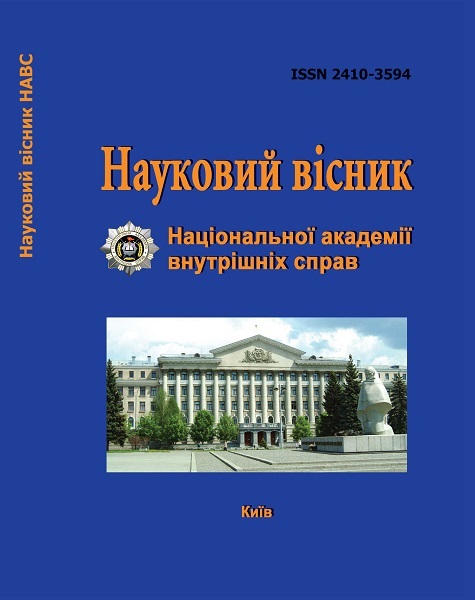The Rule of Law as а Principle of the Modern State
Abstract
The article is devoted to the study of the rule of law in the modern state. Particular attention is paid to the extent of the rule of law, which encompasses: legality, including a transparent, accountable and democratic process for the enforcement of legal requirements; legal certainty; prohibition of arbitrariness; access to justice; observance of human rights; the prohibition of discrimination and equality before the law. It is concluded that in the conceptual framework the rule of law consists in limiting the arbitrariness of public authority in relation to society and in relation to an individual. Different ways of forming the rule of law system – the courts through the application of human rights directly create a system of constitution (the English tradition) or creates it through the exercise of the constituent power
(European continental tradition) – does not play a fundamental role. In practical terms, therefore, the place of the courts in the system of public authority follows, which should certify not only the real distribution of power, but also the real ability of the judiciary to restrict discretionary powers of the legislative and executive power and thus guarantee protection against arbitrariness. This is only possible with the independence of the court (and judicial procedures) from other branches of government. The above understanding of the relationship of «separation of powers» (traditionally – the element of the concept «Rechtsstaat») even more closely converges the concept of rule of law and the concept of material Rechtsstaat.
Downloads
Abstract views: 557 PDF Downloads: 3281
- Authors reserve the right to authorship of their own work and transfer to the magazine the right of the first publication of this work under the terms of the Creative Commons Attribution License, which allows other persons to freely distribute published work with mandatory reference to authors of the original work and the first publication of an article in this magazine.
- Authors have the right to enter into separate additional agreements on non-exclusive dissemination of the work in the form in which it was published in the journal (for example, to post an article in the institution's repository or to publish as part of a monograph), provided that the link to the first publication of the work in this journal is maintained.
- The journal's policy allows and encourages the posting of articles by authors on the Internet (for example, in electronic storehouses of institutions or on personal websites), both before the submission of this manuscript to the editorial office and during its editorial processing, as this contributes to the creation of a productive scientific discussion and positively affects the efficiency and dynamics of citing the published work.




